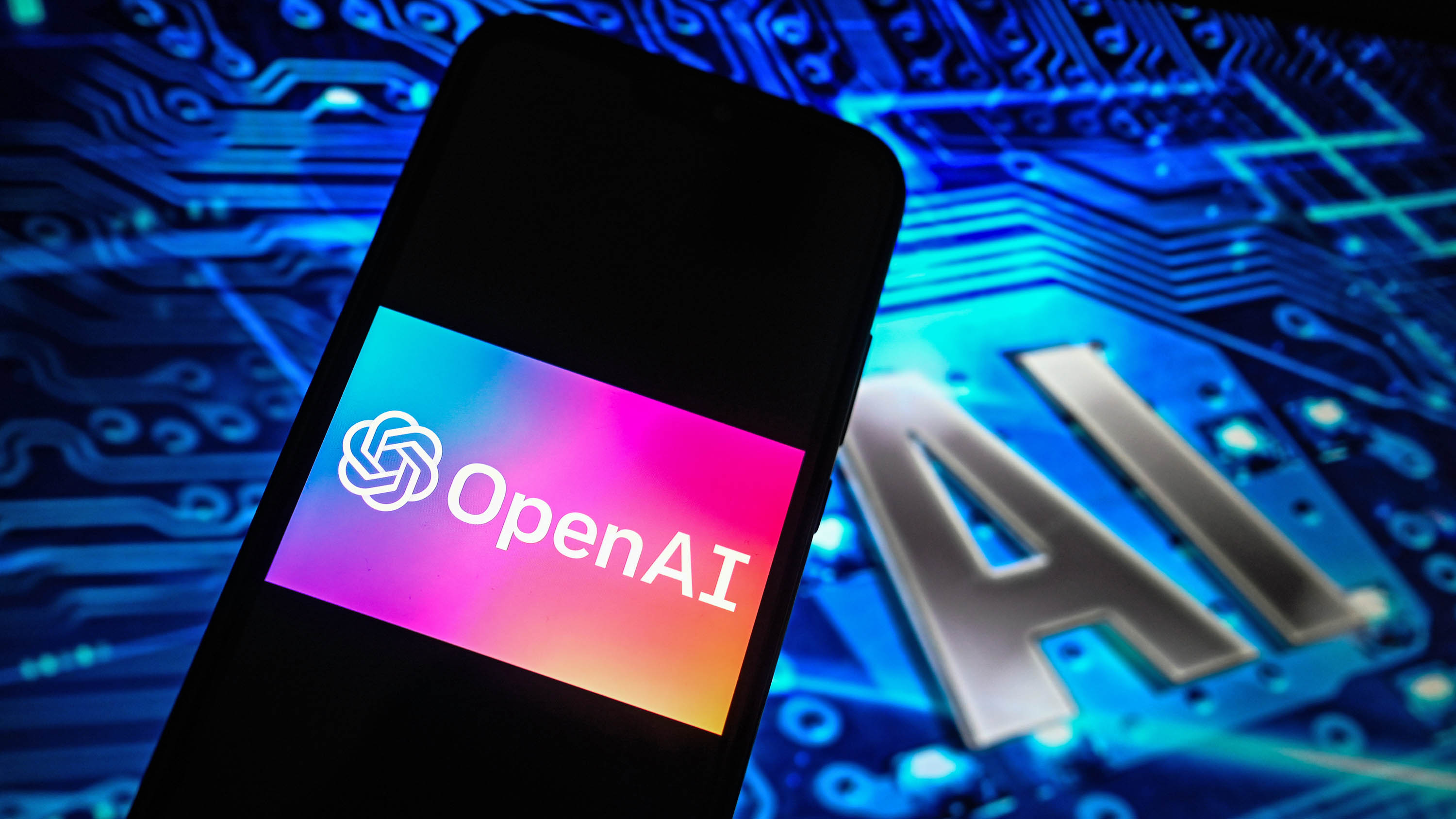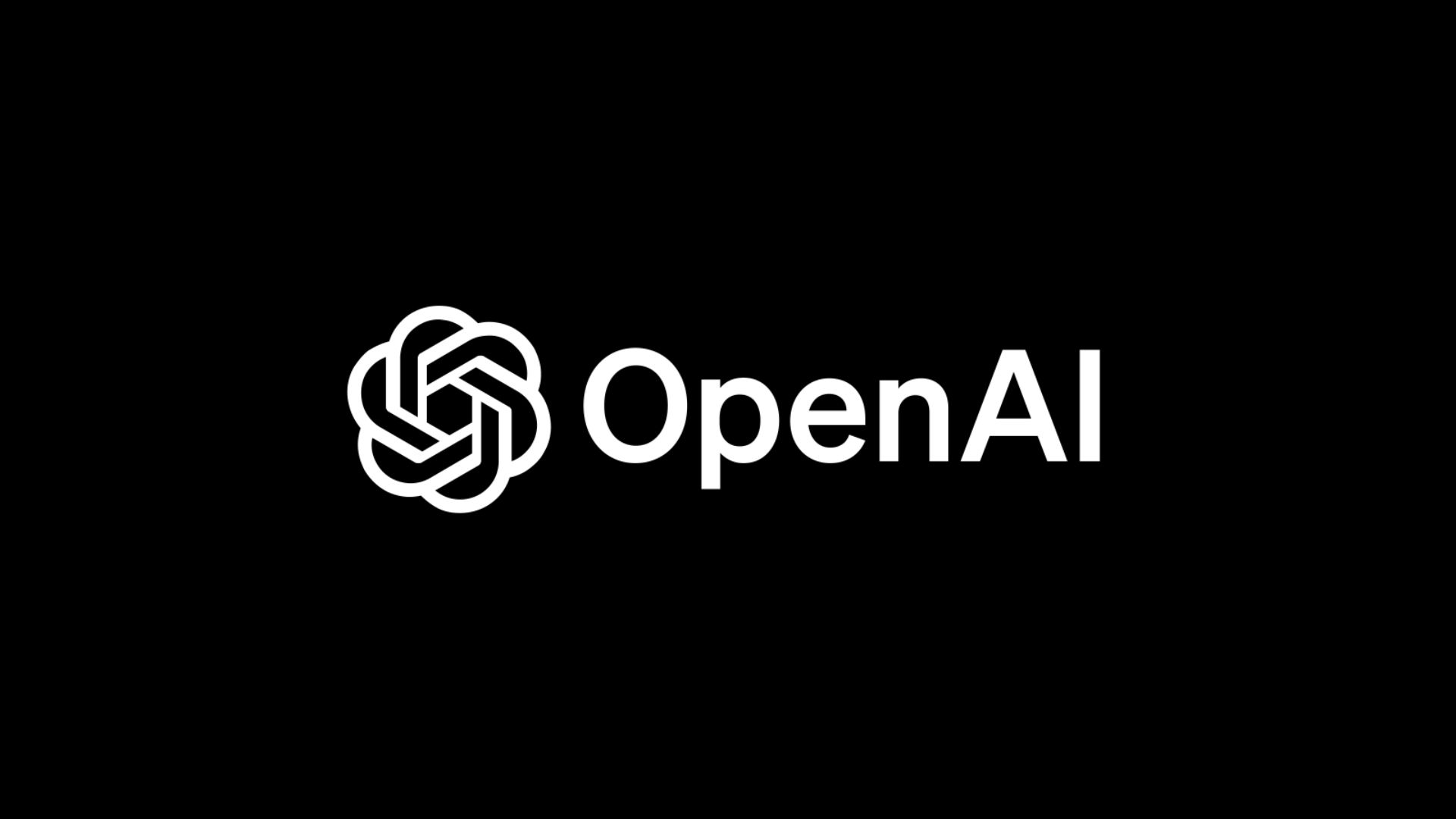OpenAI takes a stab at its founding mission with a proposed public benefit structure as hostile takeovers and outsider interference attempt to burst its AI bubble
OpenAI wants to become a for-profit entity to avoid outsider interference and hostile takeovers.

What you need to know
- OpenAI recently raised $6.6 billion in its latest round of funding from investors, including Microsoft and NVIDIA, after bankruptcy reports and projections of making a $5 billion loss within the next few months.
- The ChatGPT maker is reportedly restructuring its business model to a for-profit entity to keep hostile takeovers and outsider interference at bay.
- The AI firm reportedly needs to transition into a for-profit company or risk refunding the money raised by investors in two years.
- A separate report suggests Microsoft could acquire OpenAI within the next three years as the AI hype fades and investors channel their money elsewhere.
Last week, OpenAI escaped the cusps of bankruptcy by a whisker after several investors, including Microsoft and NVIDIA, raised a whopping $6.6 billion in its round funding. The ChatGPT maker was reportedly edging closer to bankruptcy, with market analysts projecting a $5 billion loss within the next 12 months.
This potential loss can be attributed to OpenAI quickly burning cash to fund its next-gen AI projects. For context, the ChatGPT maker reportedly spends $7 billion on training its AI models and an additional $1.5 billion on staffing. The AI firm barely breaks even as it only generates up to $2 billion in revenue from ChatGPT annually and $1 billion from LLM access fees, barely meeting its estimated operational costs of $3.5-$4.5 billion.
Perhaps more interestingly, the estimated operational costs will likely increase as AI becomes more powerful and advanced. As such, OpenAI will need deeper pockets to facilitate its next-gen projects. The AI firm projects to make $11.6 billion in sales next year. It remains unclear how the company will achieve this feat from its current $3.7 billion in revenue, but there have been reports that the company plans to hike the subscription prices of its next-gen AI models to $2,000 per month.
🎃The best early Black Friday deals🦃
- 💾Seagate Xbox Expansion Card (1TB) | $129.99 at Best Buy (Save $70!)
- 📺Amazon Fire TV Stick | $24.99 at Amazon (Save $25!)
- 🎮ASUS ROG Ally (Z1 Extreme) | $499.99 at Best Buy (Save $150!)
- 💻Lenovo IdeaPad 1 (Ryzen 5) | $329.99 at Best Buy (Save $250!)
- 💽AMD Ryzen 7 5800X CPU (8-core) | $164 at Amazon (Save $285!)
- 📺LG C4 OLED 4K TV (42-inches) | $899.99 at Best Buy (Save $500!)
- 💻Samsung Galaxy Book4 Edge (X Elite) | $799.99 at Best Buy (Save $550!)
- 💻Dell XPS 13 (X Elite) | $999.99 at Best Buy (Save $500!)
- 🎧Sony ANC Wireless Headphones | $228 at Walmart (Save $122!)
- 💻HP Envy 2-in-1 14 (Ryzen 7) | $649.99 at Best Buy (Save $400!)
Where does this leave OpenAI's humanitarian mission?
While the highlighted issues remain highly alarming, OpenAI might already have bigger fish to fry. According to a report by the Financial Times, the ChatGPT maker is actively pursuing a plausible restructure that could transform it into a public benefit corporation. The report suggests that the move will keep unwanted acquisitions at bay.
As earlier reported, OpenAI evading bankruptcy through its recent round of funding is just the tip of the iceberg. The company is under a tight deadline to turn into a for-profit entity or risk returning the money raised to its investors, trapping it in a hamster's wheel chasing funding to extend the business' lifeline.
Market analysts and experts predict that Microsoft might eventually acquire OpenAI within the next three years. "Investors' focus might shift away from AI, and the startups will just find it difficult to keep funding for the innovation they want to do," the experts added.
The new business model is centered on satisfying the best interests of key stakeholders, including employees and shareholders, public benefit, and more. In return, it will create a haven for OpenAI, away from hostile takeovers over claims that the company isn't generating enough revenue to support its advances. According to a source with knowledge of the matter, It “gives you even more flexibility to say ‘thanks for calling and have a nice day.’”
All the latest news, reviews, and guides for Windows and Xbox diehards.
According to OpenAI:
“We remain focused on building AI that benefits everyone, and we are working with our board to ensure that we’re best positioned to succeed in our mission. The non-profit is core to our mission and will continue to exist and thrive.”
OpenAI's planned restructure will retain its non-profit entity, which will remain independent from the for-profit arm. However, it will hold a stake in the public benefit structure that will grant it access to research and technology to support the firm's mission to benefit humanity.
That said, OpenAI seemingly inspires confidence among investors who predict it'll eventually become the world's dominant AI company worth trillions of dollars. Sam Altman recently indicated that superintelligence might be only "a few thousand days away," but it'll "take $7 trillion and many years to build 36 semiconductor plants and additional data centers" to make the dream come true. And while a former OpenAI researcher corroborates these sentiments, he warns the firm isn't ready to handle all it entails.
More Prime Day deals and anti-Prime Day deals
We at Windows Central are scouring the internet for the best Prime Day deals and anti-Prime Day deals, but there are plenty more discounts going on now. Here's where to find more savings:
- Xbox controller deals: Walmart | Target | Best Buy | Amazon | Newegg
- Xbox SSD storage deals: Walmart | Target | Best Buy | Amazon | Newegg
- Gaming headset deals: Walmart | Dell | Target | Best Buy | Amazon
- MicroSD storage deals: Walmart | Target | Best Buy | Amazon | Newegg
- Gaming handheld deals: Walmart | Target | Best Buy | Amazon | Newegg
- Laptop deals: Walmart | Target | Best Buy | Amazon | Newegg
- Copilot+ AI laptop deals: Walmart | Target | Best Buy | Amazon | Newegg
- Monitor deals: Walmart | Target | Best Buy | Amazon | Newegg
- Mini PC deals: Walmart | Target | Best Buy | Amazon | Newegg
- Gaming keyboard deals: Walmart | Best Buy | Amazon | Dell | Newegg
- Gaming mice deals: Walmart | Best Buy | Amazon | Dell | Newegg

Kevin Okemwa is a seasoned tech journalist based in Nairobi, Kenya with lots of experience covering the latest trends and developments in the industry at Windows Central. With a passion for innovation and a keen eye for detail, he has written for leading publications such as OnMSFT, MakeUseOf, and Windows Report, providing insightful analysis and breaking news on everything revolving around the Microsoft ecosystem. While AFK and not busy following the ever-emerging trends in tech, you can find him exploring the world or listening to music.

